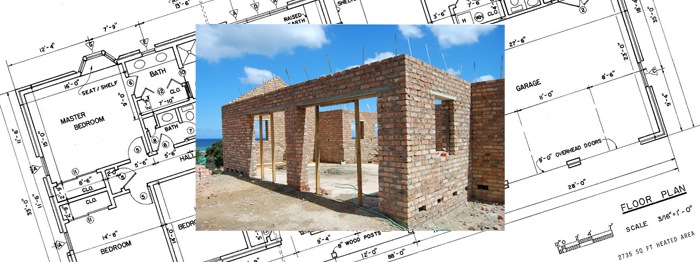How much does a house plan cost in South Africa?
House plans for an average-sized family home will cost you around R2 500 to R4 000. House plans for a contemporary style family home of this size will cost you anything from R8 000 to R15 000 depending on your design needs. House plans for homes larger than 400m will cost you around R15 000 to R22 000.
Who is responsible for house plans?
An owner must be able to deliver such plans to a purchaser when requested to do so.
The fact that the Deed of Sale does not stipulate that the Seller will deliver approved building plans at registration, does not relief the Seller of this responsibility unless the purchaser has waived this condition in the contract.
How long are approved building plans valid for in South Africa?
one year
Approved building plans are valid for one year only, but the City of Cape Town’s Development Management Department says that residents have an opportunity to apply for an extension.
Residents can apply for an extension before the validity of the building plan has lapsed.
The Implications of Selling a House Without Approved Plans

If you are selling your house, and don’t have approved plans, you could find yourself in a lot of trouble. And if you are buying a house, and don’t ask whether the seller has approved plans, you might end up inheriting some very expensive problems.
Legal Implications of Selling a House Without Approved Plans
Since the law requires everybody to have plans drawn up in a particular manner, and approved by the local authority in their area, it stands to reason that every house will have plans. But this is not always the case, and a lack of approved building plans is clearly a major problem for many people buying and selling houses and other buildings in all parts of South Africa.
Hardly a day goes by that we don’t get asked questions on this website that relate to issues concerning plans. Sometimes people only discover that there are no plans years after they have bought a property, either because they eventually want to do alterations, or because they want to sell. Other times people find at the point of sale that a house they are buying does not have plans, and they want to know whose responsibility it is to have plans drawn up retrospectively (“as built”).
The reality is that if alterations and additions have been carried out on a property without municipal (local authority) approval and the property is then sold, it can become quite a complex legal matter.
An article by STBB Smith Tabata Buchanan Boyes that we have referenced gives some clarity about the implications of selling a house without approved plans.
Are Building Plans and Building Approval Always Required for Houses?
As STBB explain, the National Building Regulations and Building Standards Act specifies the need for building plans and approval. More specifically, it is the local authority that governs exactly what can be done in terms of its zoning regulations and the NBR. So it is they that give approval (or deny it) for all building work and renovations on ALL properties. “Minor building work” is viewed differently and most municipalities will be more lenient when it comes to minor building work.
The Act states that the municipality, at its own discretion, may be approached for a relaxation of the necessity to obtain approval of plans. But note that this must be asked for and approval received in writing. Read our page on minor building work for more information.
How the Issue of “Voetstoets” Affects Building Approval and Plans
The agreement made between two parties when a property is sold will in most instances include a voetstoets clause. Essentially this clause indicates that the purchaser accepts the risk relating to defects existing at the time of the sale, patent or latent (but not visible). The exceptions to this clause are instances where the seller deliberately and fraudulently conceals latent defects from the purchaser, that he or she was aware of at the time – in which case the seller will remain liable for these defects. But of course the purchaser will have to provide evidence that the seller knew what was wrong.
Note that the position is somewhat altered if the Consumer Protection Act applies to the agreement between the parties, e.g. where the seller is a developer.
Our law takes into account that any property with buildings erected without municipal approval is a property with a latent defect. The voetstoets clause will normally cover latent defects and a seller will not automatically attract liability if he sells a property with unauthorised building works. But if the seller knows that there are no plans and he organized and did the renovations himself, and he deliberately does not disclose this fact (with the intention to defraud the purchaser), the seller cannot hide behind the voetstoets clause.
